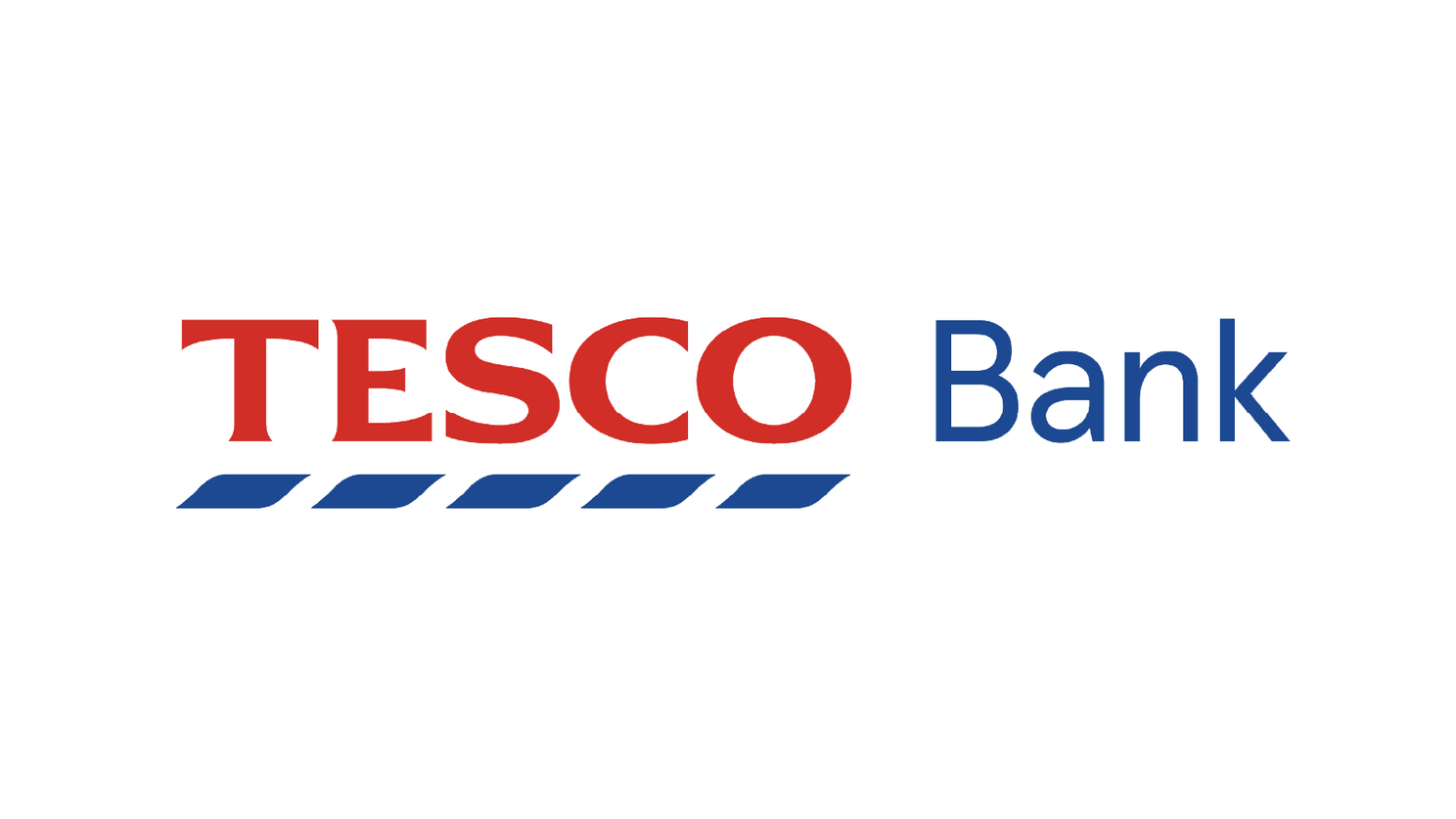US financial institutions have loaned more than $1 trillion to shadow banks, a new report from the US Federal Reserve has said.
Shadow banking refers to the lending activities that take place outside of traditional banking institutions and regulations from non-bank financial institutions like hedge funds, money market funds, and investment banks that act as lenders and borrowers in capital markets instead of taking deposits like traditional banks. It has grown to account for just under half of the world’s financial assets.
Late last year, the G20’s Financial Stability Board (FSB) and global securities markets regulator body IOSCO said that tackling shadow banking would be a priority in 2024. https://www.fstech.co.uk/fst/Global_Financial_Regulators_Shadow_Banking.php
The reality of the sector’s impact was highlighted by the Federal Reserve’s report which shows a 12 per cent year-over-year increase in loans outstanding to non-deposit-taking financial companies at the end of January. This is significantly higher than US banks’ overall loans growth which was up just two per cent.
Banks like Citigroup, Wells Fargo and JP Morgan have all ramped up their shadow bank financing, which now makes up more than six per cent of all loans in the US – above auto loans at five per cent and below credit cards at seven per cent.
The Federal Deposit Insurance Corporation last year proposed measures which would require banks to disclose more data on what types of shadow banks they are lending to, with comments on the proposal due at the end of February. Should it be adopted, banks would have to start reporting more detailed information from the next quarter.
Latest News
-
Gemini to cut quarter of workforce and exit UK, EU and Australia as crypto slump forces retrenchment
-
Bank ABC’s mobile-only ila bank migrates to core banking platform
-
Visa launches platform to accelerate small business growth in US
-
NatWest to expand Accelerator programme to 50,000 members in 2026
-
BBVA joins European stablecoin coalition
-
eToro partners with Amundi to launch equity portfolio with exposure to ‘megatrends’
Creating value together: Strategic partnerships in the age of GCCs
As Global Capability Centres reshape the financial services landscape, one question stands out: how do leading banks balance in-house innovation with strategic partnerships to drive real transformation?
Data trust in the AI era: Building customer confidence through responsible banking
In the second episode of FStech’s three-part video podcast series sponsored by HCLTech, Sudip Lahiri, Executive Vice President & Head of Financial Services for Europe & UKI at HCLTech examines the critical relationship between data trust, transparency, and responsible AI implementation in financial services.
Banking's GenAI evolution: Beyond the hype, building the future
In the first episode of a three-part video podcast series sponsored by HCLTech, Sudip Lahiri, Executive Vice President & Head of Financial Services for Europe & UKI at HCLTech explores how financial institutions can navigate the transformative potential of Generative AI while building lasting foundations for innovation.
Beyond compliance: Building unshakeable operational resilience in financial services
In today's rapidly evolving financial landscape, operational resilience has become a critical focus for institutions worldwide. As regulatory requirements grow more complex and cyber threats, particularly ransomware, become increasingly sophisticated, financial services providers must adapt and strengthen their defences. The intersection of compliance, technology, and security presents both challenges and opportunities.
© 2019 Perspective Publishing Privacy & Cookies













Recent Stories